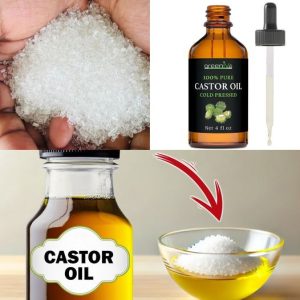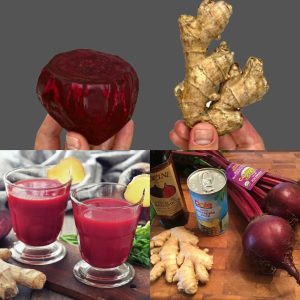Understanding Cloves and Cinnamon
Cloves, the dried flower buds of the clove tree, and cinnamon, derived from the bark of Cinnamomum trees, are widely used spices celebrated for their culinary and medicinal benefits. Cloves are rich in antioxidants and eugenol, known for anti-inflammatory and antimicrobial properties. Cinnamon is cherished for its aromatic flavor and its potential to manage blood sugar levels, alongside antioxidant and anti-inflammatory benefits. Both spices are integral to various global cuisines and natural remedies.
The Benefits of Mixing Cloves and Cinnamon
Combining cloves and cinnamon enhances their health benefits, creating a potent duo for promoting overall well-being. Together, they offer enhanced antioxidant properties, aiding in the reduction of oxidative stress. They also support digestive health, helping alleviate bloating and discomfort. Additionally, both spices possess antimicrobial properties—eugenol in cloves and cinnamaldehyde in cinnamon—providing potential protection against harmful bacteria and fungi.
Safety Considerations and Precautions
While cloves and cinnamon are safe in culinary amounts, excessive consumption should be avoided. High doses of cinnamon, especially the Cassia variety, can lead to liver toxicity due to its coumarin content. Similarly, overuse of cloves may cause mouth irritation or digestive issues. Moderation is key to reaping their benefits while avoiding potential adverse effects. People with specific health conditions or on medications should consult a healthcare professional before increasing their intake.
Conclusion
The claim that mixing cloves and cinnamon triggers irreversible body reactions lacks scientific backing when referring to typical dietary use. These spices are not only safe but also beneficial when consumed in moderation. Their combination can enrich your diet with enhanced flavor and numerous health advantages. As with any dietary choice, balance and mindfulness are essential to maximizing benefits and minimizing risks.





